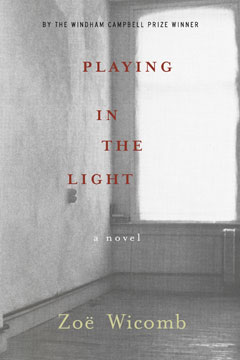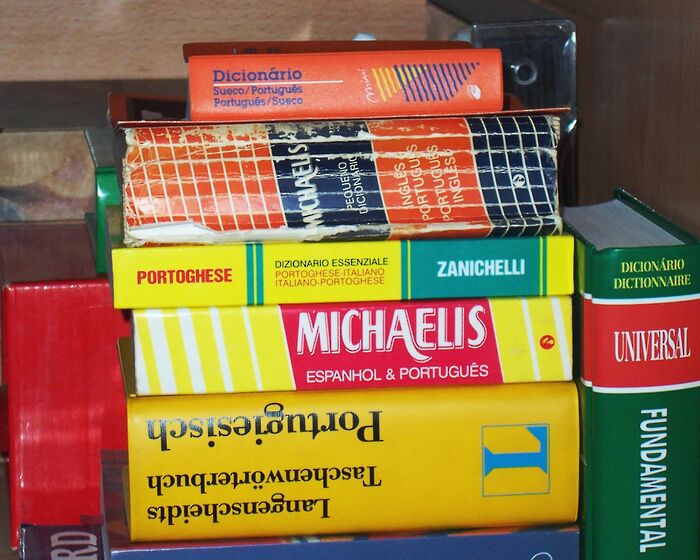Enrico Dungca’s The Amerasian Photography Project: The Forgotten AmericansPosted in Articles, Arts, Asian Diaspora, History, Media Archive, United States on 2017-05-05 23:15Z by Steven |
Enrico Dungca’s The Amerasian Photography Project: The Forgotten Americans
Resource
2015-08-05
As one of the free world’s oldest allies, the United States and the Philippines have shared a storied past together. From fighting alongside each other to delay the Japanese’ war plans in World War II, to forming an armed presence in the Pacific by virtue of the United States two military bases; Clark Air Base and US Naval Base in Northern Luzon. However, hidden from these historical bonds lies a complex weave of direct blood descendants, of abandoned children sired by some members of the US Military during their service at the US bases in the Philippines, a large legion of fatherless men and women who possess multi-ethnicity looks born to single mothers, remains in search of half their roots. Often bullied in school for growing up in a broken household, these individuals harbors a secret wish of knowing their real fathers. For photographer Enrico Dungca, photographing them in order to send their message across the globe became a personal mission “The story begins with a young man I met during a trip in my birthplace, Angeles City. I was born and raised there and lived near the former Clark Air Base. I knew about the Amerasians and in fact witnessed many of them bullied and discriminated. I didn’t think much of it then for I was young and naive,” Dungca tells Resource Magazine. More than 20 years after the last US Military Base closed down, an undeniable footprint of our Superpower ally still remains – and for some, something that needs to find closure soon…
Read the entire article here.



